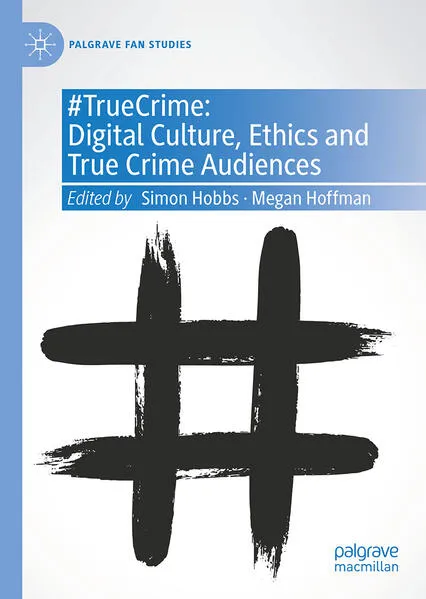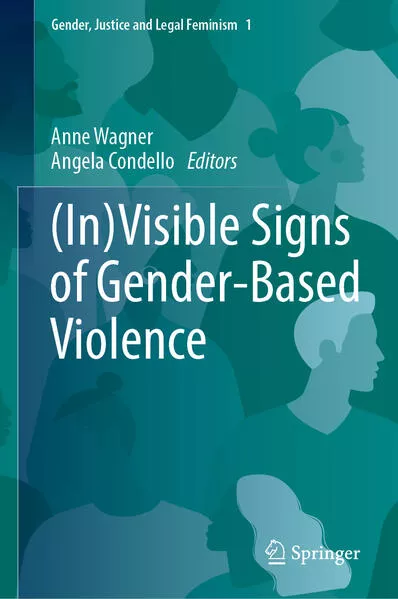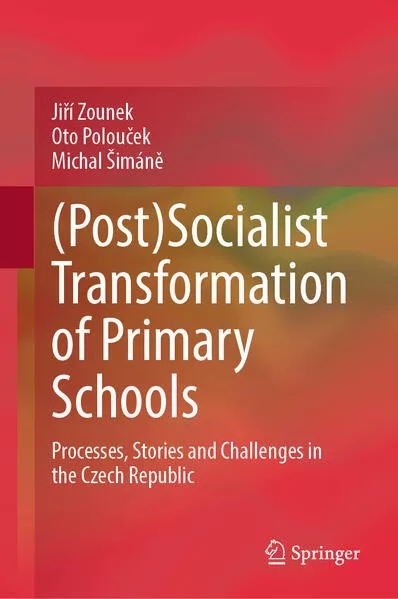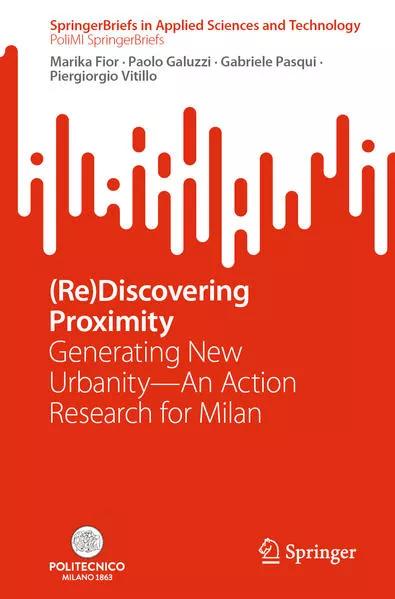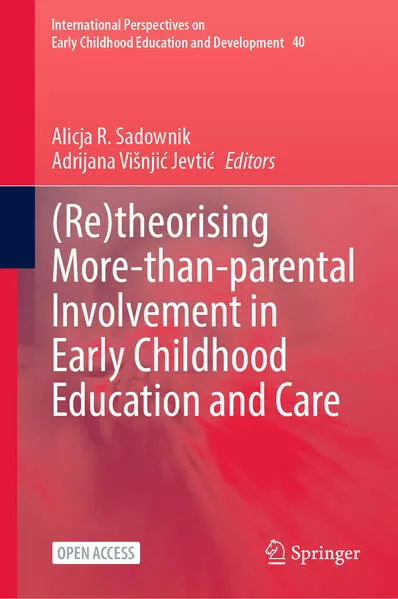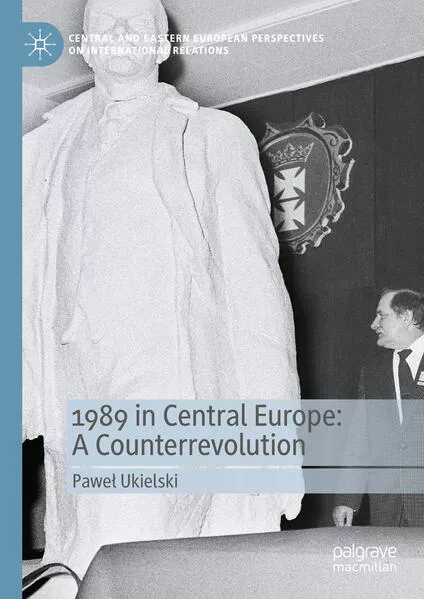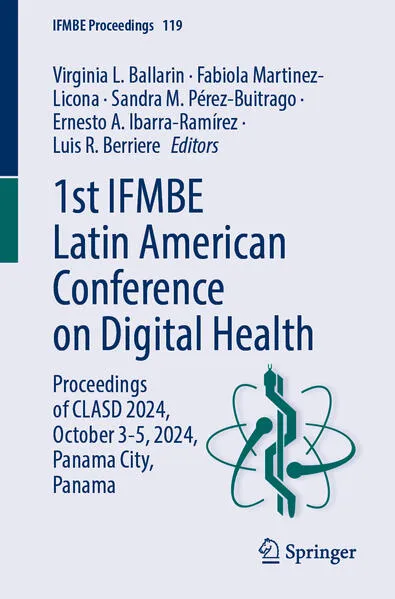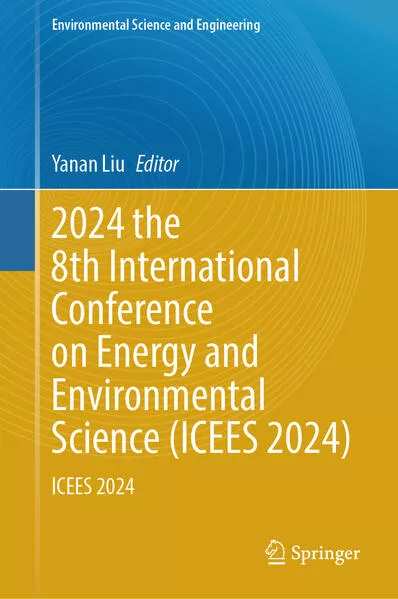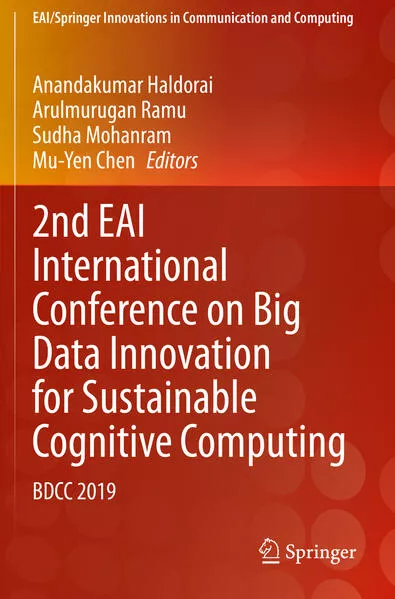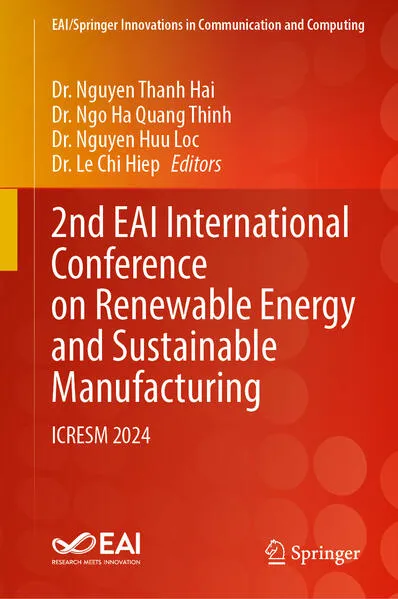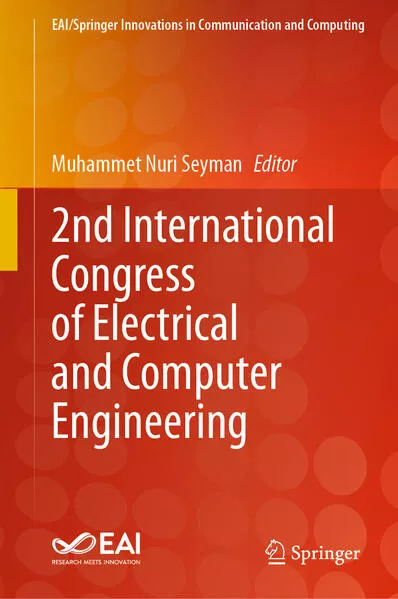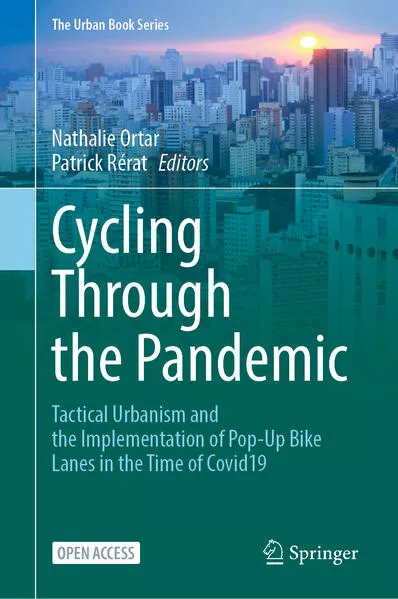
Cycling Through the Pandemic
Tactical Urbanism and the Implementation of Pop-Up Bike Lanes in the Time of COVID-19
This open access book provides insight on how the tactical urbanism has the capacity to influence change in mobility practices such as cycling. COVID-19 crisis prompted the public authorities to rethink the use of public space in order to develop means of transport that are both efficient and adapted to the health context and their effects on cycling practices in Europe, North, and South America. Its contributors collectively reveal and evidence through policies analysis, mapping, and innovative qualitative analysis bridging video and interviews, how those new infrastructures and policies can be a trigger for change in a context of mobility transition.
Unterstütze den lokalen Buchhandel
Nutze die PLZ-Suche um einen Buchhändler in Deiner Nähe zu finden.
Bestelle dieses Buch im Internet
| Veröffentlichung: | 16.11.2023 |
| Seiten | 250 |
| Art des Mediums | E-Book [Kindle] |
| Reihe | The Urban Book Series |
| ISBN-13 | 978-3-031-45308-3 |
| ISBN-10 | 3031453085 |
Über die Autorin
Nathalie Ortar is Senior Researcher in anthropology at the LAET ENTPE-University of Lyon. Her research has mainly focused on the links between dwelling and spatial mobility. Since 2010, she has been leading research on the changes in social practices that occur in the ways of living in a context of injunctions to mobility and energy transition. Relating to energy, she is Co-editor of Ethnographies of Power: A Political Anthropology of Energy, Berghanh (2021), and Energy Futures: Anthropocene Challenges, Emerging Technologies and Everyday Life De Gruyter (2022). She has been conducting research on cycling. Her previous research on urban cyclist was published in Becoming Urban Cyclist: From Socialization to Skills, Chester University Press (2022).
Patrick Rérat is Full Professor in the Institute of Geography and Sustainability at the University of Lausanne. He is also Co-director of the Observatory for Cycling and Active Mobilities launched in 2020. His last book is “Cycling to work. An analysis of the practice of utility cycling” (Springer 2020). He has also published many papers in international journal such as Mobilities, Transportation Research Part A, Transactions of the Institute of British Geographers, Urban Studies, etc.
Diesen Artikel teilen
0 Kommentar zu diesem Buch
.... weitere Publikationen von Springer International Publishing
Kinderbuch »Lasse und Juna - Total versteinert!« – Wikingerabenteuer mit Mut, Freundschaft und Entdeckergeist
Bewerbungsfrist bis zum: 05.03.2026



